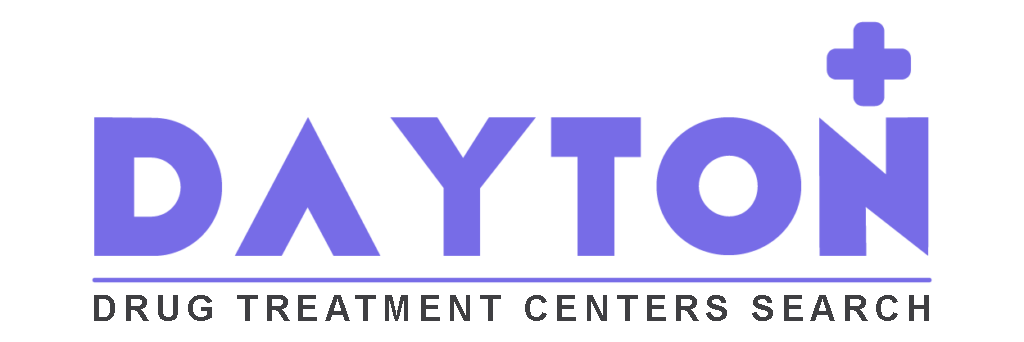Meth Addiction in Dayton, OH
Methamphetamine, also known as meth or crystal meth, is a potent and highly addictive stimulant and recreational drug. Meth addiction and abuse are huge problems in modern American society, with people who abuse this dangerous drug often needing to engage with professional treatment services. Meth addiction has been linked with numerous problems, including physical health problems, psychological health problems, and social problems. In order to break the bonds of meth addiction, a combination of psychotherapy programs are advised during formal rehab programs and on an aftercare basis.
Effects of Meth
Meth is a potent central nervous system (CNS) stimulant that is taken recreationally to increase energy levels, enhance sexual performance, and improve general mood. While meth does have some limited medical uses for the treatment of ADHD and certain forms of obesity, it is typically only prescribed when other methods have failed. The vast majority of meth is consumed for recreational purposes, where it is either smoked through a glass pipe or injected intravenously. The effects of meth are experienced almost straight away, including an increased heart rate, physical agitation, wakefulness, increased body movement, increased sweating, insomnia, euphoria, loss of appetite and many other symptoms.
Meth abuse has been associated with a range of short and long-term health problems, including physical and mental problems. People who abuse meth on a regular basis are likely to develop psychological dependence, including tolerance, severe drug cravings, and the experience of emotional and motivational withdrawal symptoms when drug use is stopped. Meth abuse and dependence has been linked with a number of adverse long-term mental health effects, including depression disorder, meth-induced psychosis, suicidal ideation, and various anxiety disorders.
Rehabilitation in Dayton
Medical detox is mostly ineffective when treating meth addiction, with most treatment programs based instead on cognitive, behavioral, or motivational methods. Typical treatment modalities applied during rehab include motivational incentives, motivational interviewing, 12-step facilitation, and cognitive behavioral therapy. Because different people respond to different types of treatment, it’s important for rehab centers to offer a full range of services. Rehab programs are designed in many ways, including outpatient treatment, partial hospitalization, short-term residential treatment, and long-term residential treatment. Inpatient care is typically recommended when there is a long history of drug abuse or when the patient is deemed to be a threat to themselves or others.
The Importance of Aftercare
Overcoming a meth addiction is a long and gradual process, from the early stages of detox and rehab through to the later stages of aftercare. While detox helps to enable the cessation of drug intake and rehab addresses many of the issues that preceded addiction, both of these measures are useless if someone is going to return to drugs immediately following treatment. Relapse prevention programs and other aftercare services play an important role in supporting long-term recovery, including 12-step support groups, sober living communities, and practical support services. If you or anyone you know is living with meth addiction or abuse, let Dayton Drug Treatment Centers connect you with the right services for you. Just give us a call today at (937) 949-4099 to speak with one of our caring recovery advocates.

